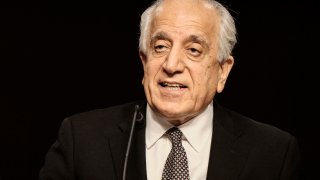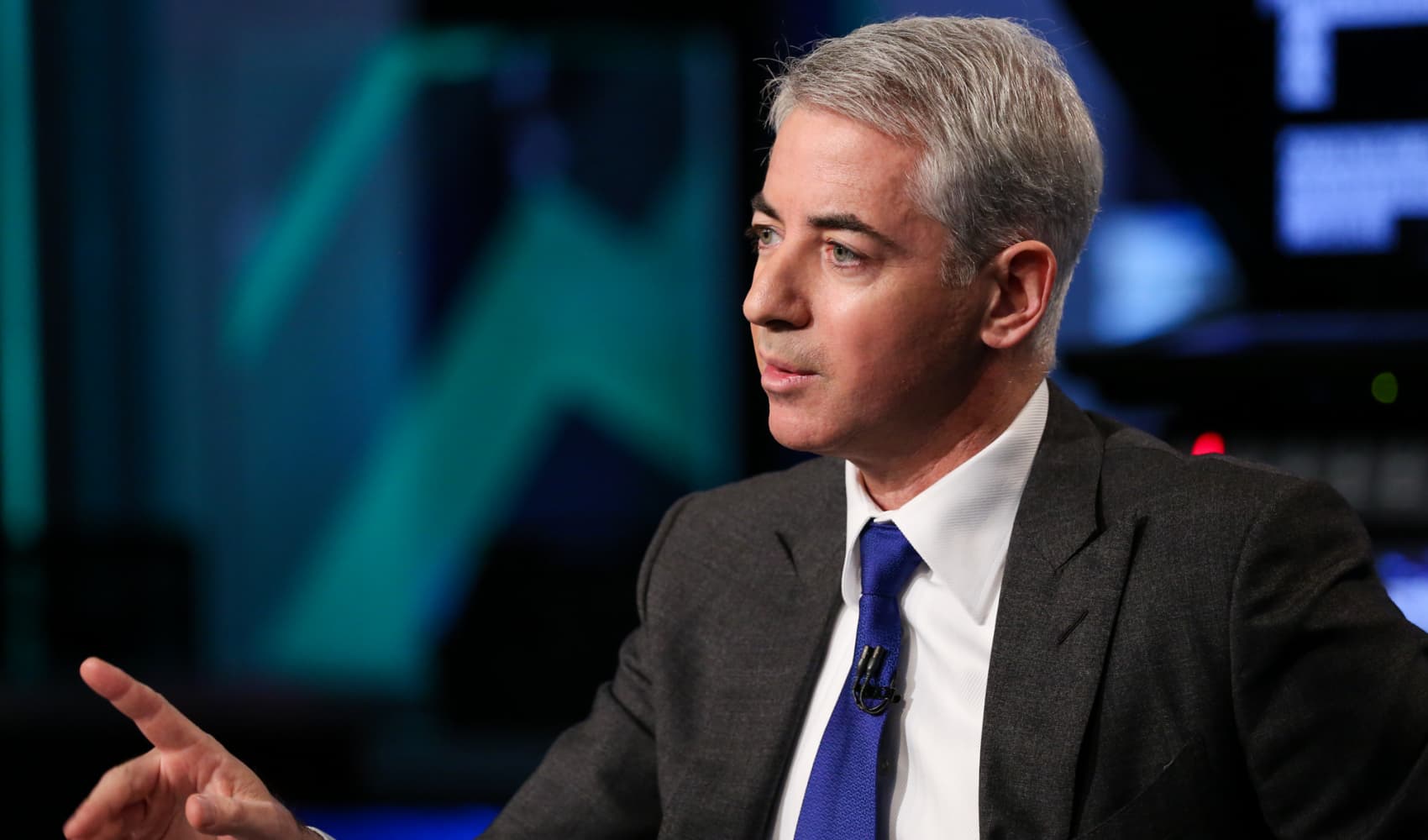
- The nation's top representative to Afghanistan said Tuesday he doesn't think the Afghan government will collapse after U.S. and foreign troops leave the war-torn country later this year.
- "I do not believe the government is going to collapse or the Taliban is going to take over," U.S. Special Representative to Afghanistan Zalmay Khalilzad told senators.
- Khalilzad's testimony before the Senate Foreign Relations Committee comes after President Joe Biden announced the U.S. would complete its troop withdrawal from Afghanistan by Sept. 11.
The nation's top representative to Afghanistan said Tuesday that he doesn't think the Afghan government will collapse after U.S. and foreign troops leave the war-torn country later this year.
"I do not believe the government is going to collapse or the Taliban is going to take over," U.S. Special Representative to Afghanistan Zalmay Khalilzad said during testimony before the Senate Foreign Relations Committee.
Khalilzad's testimony comes after President Joe Biden announced the U.S. would complete its troop withdrawal from Afghanistan by Sept. 11, effectively ending America's longest war.
Get New England news, weather forecasts and entertainment stories to your inbox. Sign up for NECN newsletters.
The decision to leave Afghanistan has triggered an array of reactions in Washington, with lawmakers on both sides of the aisle lauding and criticizing the move. It has also triggered some concern within the highest echelons of the military.
Last week, the head of U.S. forces in the Middle East told lawmakers he was concerned that the Afghan military will collapse after U.S. and foreign troops leave.
"I am concerned about the ability of the Afghan military to hold on after we leave, the ability of the Afghan Air Force to fly, in particular, after we remove the support for those aircraft," McKenzie, head of U.S. Central Command, said during a Senate Armed Services committee hearing on April 22.
Money Report
Afghan forces, he said, have gotten used to the support from U.S. and other nations' militaries over several years.
Later at the Pentagon, McKenzie told reporters that while the U.S. will continue to support Afghanistan from afar, he was particularly concerned about aircraft maintenance.
The machines are maintained largely by contractors from the U.S. and other nations, he explained. The U.S. intends to find innovative ways of replacing these services without involving boots on the ground, he added.






